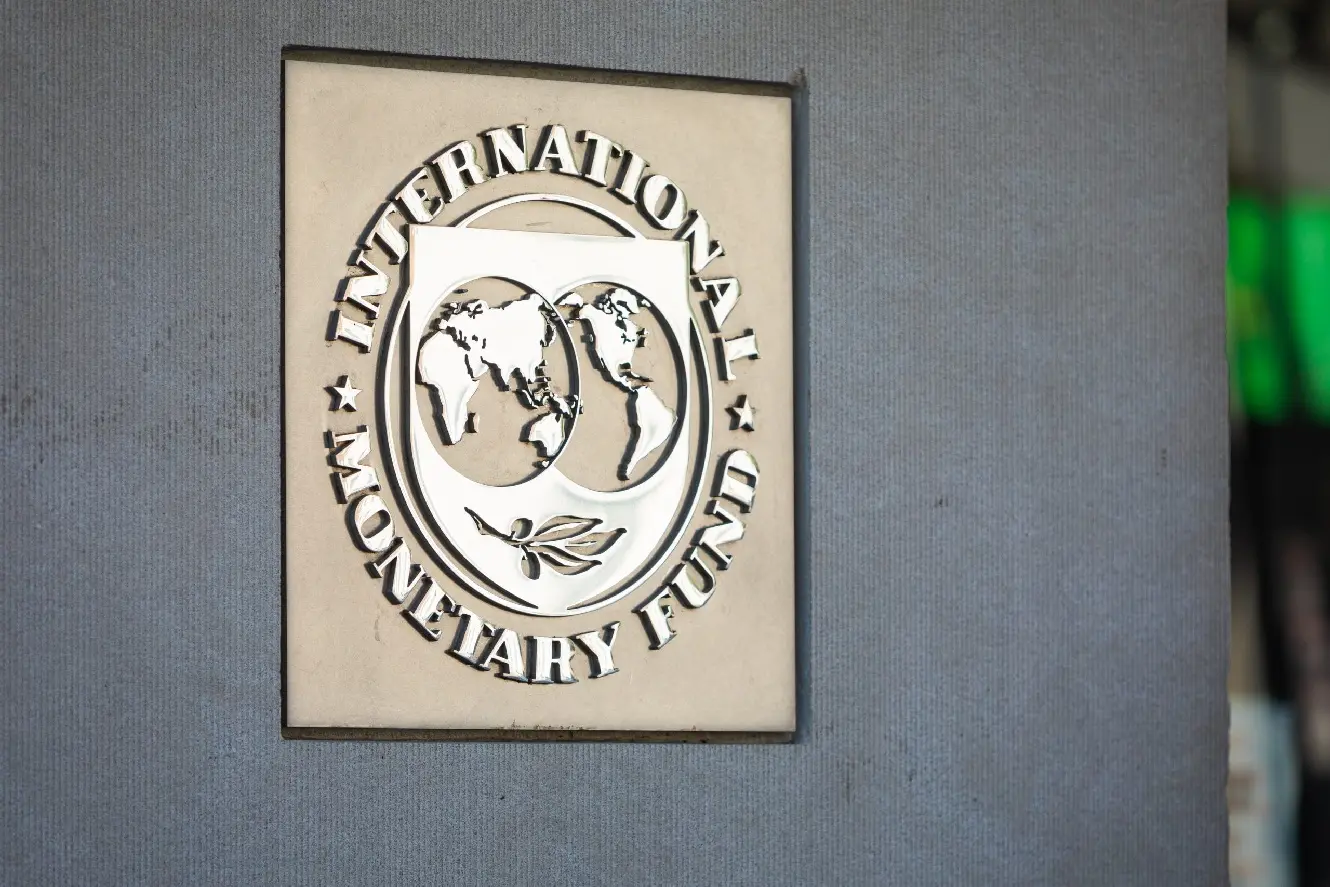Cryptocurrency should, in general, not be granted legal tender status, the International Monetary Fund’s (IMF) Executive Board said in a statement Thursday.
The board – 24 directors elected by the IMF’s member countries – earlier this month had been presented with a staff paper that warned of the risks crypto poses to monetary policy, tax collection, financial stability and consumer protection.
“Directors generally agreed that crypto assets should not be granted official currency or legal tender status in order to safeguard monetary sovereignty and stability,” the statement said, calling for countries to clarify tax treatment and align with global standards.
“Directors agreed that strict bans are not the first-best option, but that targeted restrictions could apply” to limit crypto risks, though some board members think “outright bans should not be ruled out,” the statement continued. "The growing adoption of crypto assets in some countries, the extra-territorial nature of crypto assets and its providers, as well as the increasing interlinkages with the financial system, motivate the need for a comprehensive, consistent, and coordinated response."
Regulations shouldn’t stifle innovation, and governments can benefit from the underlying digital technology, the statement added.
The IMF has previously expressed concern that crypto could be used to evade capital controls imposed by governments, and discouraged countries such as El Salvador that sought to make bitcoin (BTC) the official currency.







